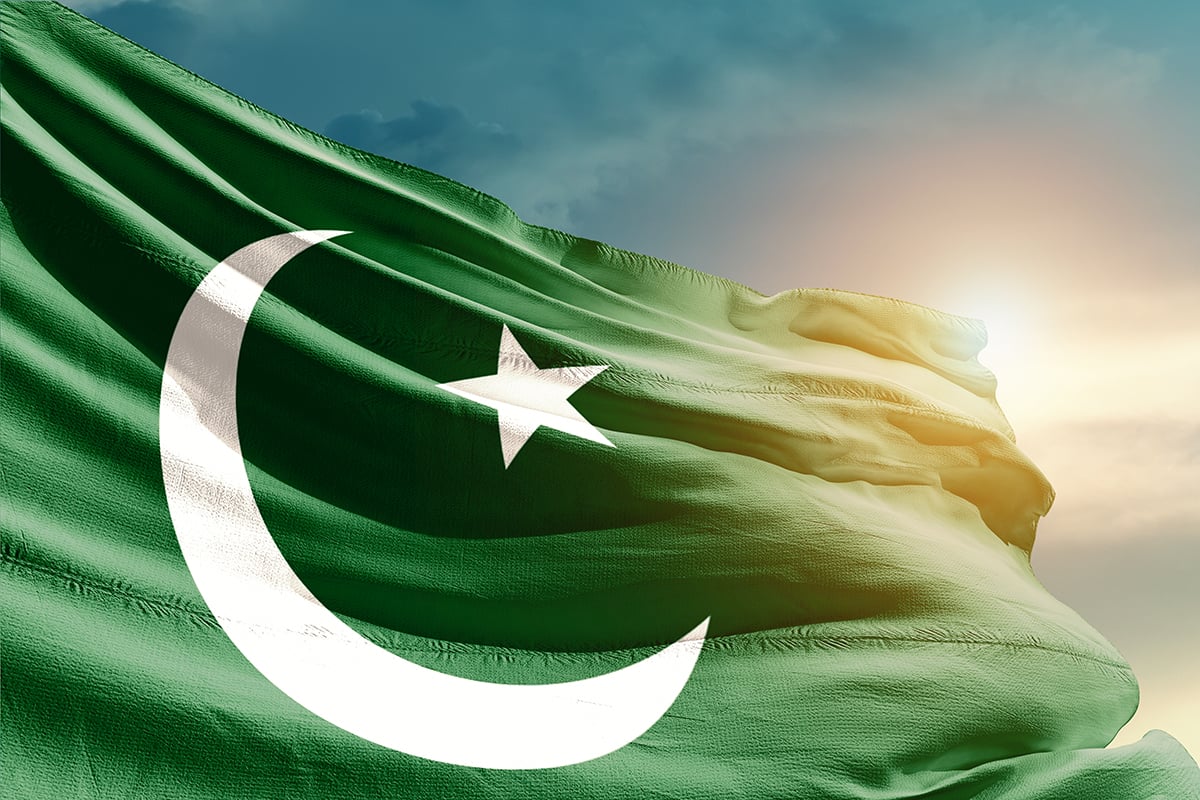Pakistan finds itself at yet another significant financial crossroads as it faces mounting economic pressures. The country’s long-standing relationship with the International Monetary Fund (IMF) has seen numerous interventions aimed at stabilizing the economy, and in July 2023, the IMF approved a $3 billion Stand-by Arrangement (SBA). While this short-term financial lifeline is meant to alleviate immediate economic strain, it also demands the implementation of critical reforms. Navigating this complex terrain requires Pakistan to carefully balance the requirements set by the IMF with political and public sensitivities.
The latest IMF bailout highlights a make-or-break moment for Pakistan’s economy. While the SBA brings immediate financial relief, it also comes with stringent conditions that necessitate bold fiscal and monetary reforms. Historically, IMF agreements with Pakistan have required tough measures, and this deal is no exception. The conditions are designed to stabilize the economy and restore confidence among investors, but their implementation poses significant challenges.
One of the key conditions of the IMF arrangement is the reduction of government spending on energy subsidies, which is expected to lead to higher costs for consumers. As prices for fuel and electricity increase, public dissatisfaction is likely to rise, creating political challenges for the government. Moreover, the IMF’s demand for tighter monetary policies to control inflation could further impact the economy in the short term. Despite these immediate challenges, these reforms are viewed as essential to building a more efficient and sustainable economy in the long run.
Prime Minister Shehbaz Sharif has openly recognized the critical nature of the situation and reaffirmed the government’s commitment to fulfilling the IMF’s terms. The government is acutely aware that failure to implement these reforms could lock Pakistan into a cycle of debt and financial instability. After extended negotiations, the approval of the SBA has been viewed as a crucial step in addressing Pakistan’s deep-rooted economic issues. It signals the urgency of implementing substantial reforms to secure a more stable financial future.
Pakistan’s reliance on IMF support is well-documented, with this latest SBA marking the country’s 23rd bailout in 75 years. However, there is increasing political will to break this cycle. Prime Minister Sharif has emphasized that this loan should be the last one of the decade, indicating a strategic effort to reduce dependence on external aid and build a more self-reliant economy. This approach marks a pivotal shift towards sustainable economic development, reflecting the government’s desire to chart a new course for Pakistan’s financial future.
The challenges, however, are not purely economic. The implementation of IMF-backed reforms will undoubtedly test the government’s ability to manage public unrest over rising living costs. Successfully navigating this political landscape will be essential for the reforms to take root. A failure to do so could jeopardize future financial assistance and undermine efforts to stabilize the economy.
The approval of the SBA represents more than just a financial agreement—it serves as a call to action for Pakistan to embark on a path of economic restructuring. The fiscal discipline and structural reforms demanded by the IMF are intended to foster long-term stability and resilience in an economy that has repeatedly faced financial crises. If executed effectively, these reforms could help Pakistan build a more robust economic foundation. However, significant hurdles remain, and the government’s ability to balance political pressures with economic imperatives will be a crucial determinant of success.
As Pakistan moves forward with its reform agenda, it must also navigate the complexities of its political landscape. While the government’s commitment to the IMF’s requirements is clear, the execution of these reforms will require deft political maneuvering to maintain public support. The stakes are high, and the outcome of this latest IMF deal will likely shape Pakistan’s economic and political trajectory for the foreseeable future.







